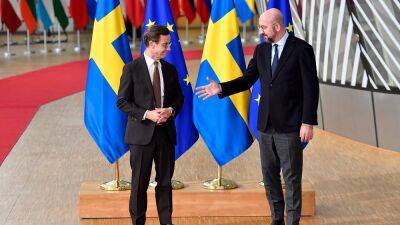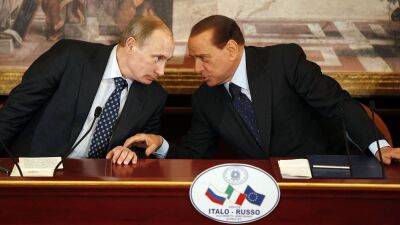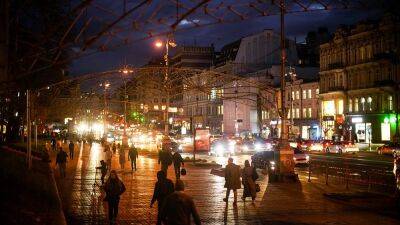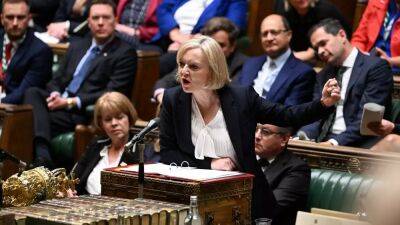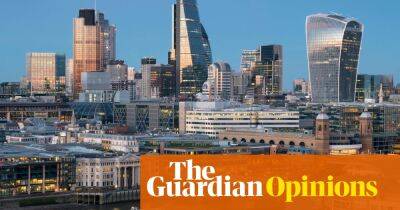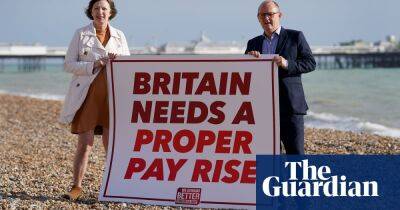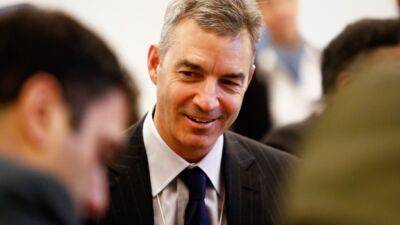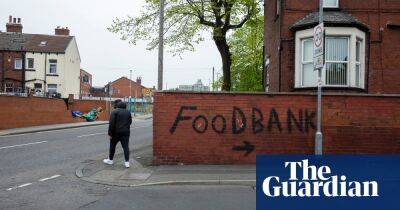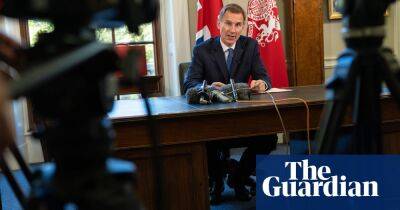The Guardian view on central bankers: don’t put them in charge of the crisis
Generals are often criticised for fighting the last war. What about central bankers who seem unable to grasp the lessons of the last emergency, still less to anticipate the next one? By putting central banks in charge of the response to the current crisis, governments risk a worldwide recession precipitated by excessive rate rises.
That was the warning from the United Nations Conference on Trade and Development (Unctad) this month, and it arrived not a moment too soon. Central banks cannot bring inflation down at a socially acceptable cost. Raising interest rates as pandemic support ends will hit incomes. The result will be akin to the “shock therapy” inflicted on voters by austerity policies after the financial crisis of 2008. The difference between then and now is that monetary tightening by central banks, rather than cutting government spending, is being used to engineer a downturn.
The US Federal Reserve is the main culprit. Where it leads, others follow – leading to everyone squeezing their own economy simultaneously. The result, warns Unctad, could see $17tn wiped off global GDP. The Fed’s stance has already caused the currencies of about 90 developing countries to weaken against the dollar this year, making it harder for them to purchase goods priced in dollars, or pay back dollar-denominated debt. Many are plagued by blackouts and food shortages.
The surge in inflation from the end of last year belied hopes that this would be a temporary inconvenience. Russia’s invasion of Ukraine sent a shock wave through markets. Yet rising prices have not come from government spending or wage pressure. Inflation has been amplified by firms able to raise their markups to profit, first during the global recovery in 2021 and then in
Read more on theguardian.com


 theguardian.com
theguardian.com



